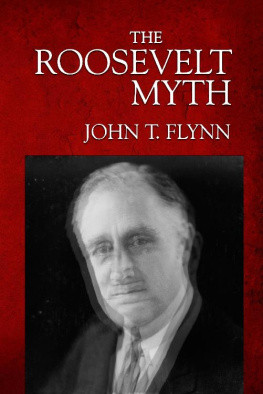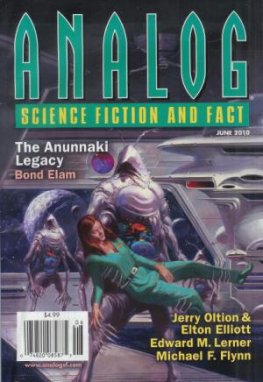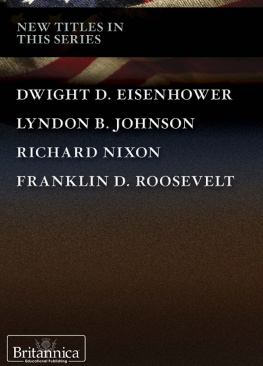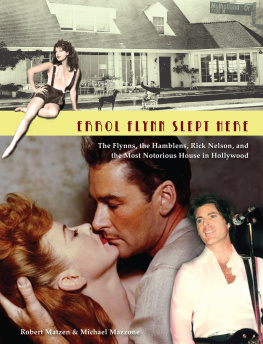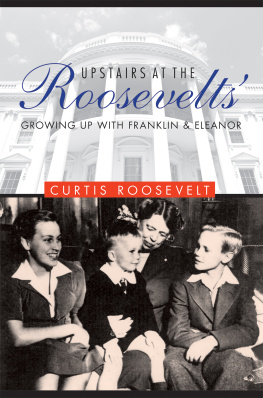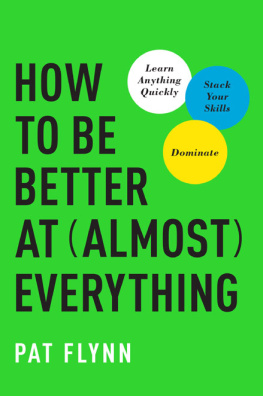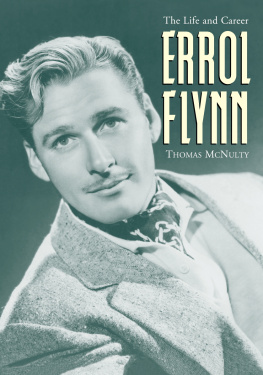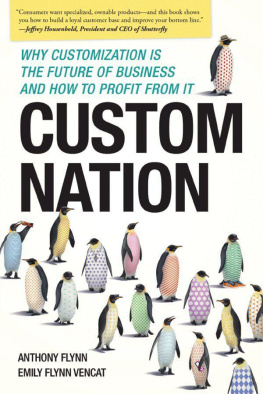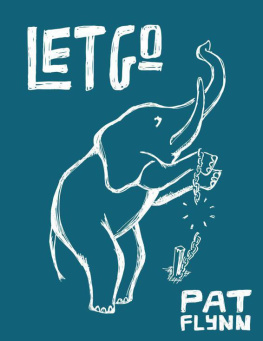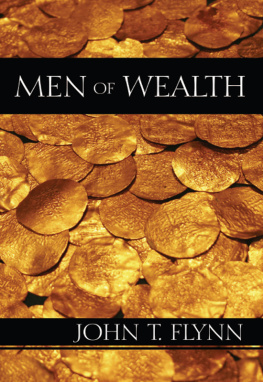THE ROOSEVELT MYTH
BY JOHN T. FLYNN

THE DEVIN-ADAIR COMPANY NEW YORK

COPYRIGHT, 1948, BY
JOHN T. FLYNN
All rights reserved. Permission to reproduce material from this book must be obtained from the publishers.
First printing, August 1948
Second printing, September 1948
Third printing, October 1948
Fourth printing, October 1948
Fifth printing, December 1948
Sixth printing, January 1949
Seventh printing, April 1949
Eighth printing, May 1949
Ninth printing, June 1949
Tenth printing, July 1949
Eleventh printing, August 1949
Twelfth printing, September 1949
PRINTED IN THE UNITED STATES OF AMERICA
CONTENTS
FOREWORD
THIS BOOK IS IN NO SENSE A BIOGRAPHY OF FRANKLIN D. ROOSEVELT. It is rather a critical account of that episode in American politics known as the New Deal. As to the President, it is an account of an image projected upon the popular mind which came to be known as Franklin D. Roosevelt. It is the authors conviction that this image did not at all correspond to the man himself and that it is now time to correct the lineaments of this synthetic figure created by highly intelligent propaganda, aided by mass illusion and finally enlarged and elaborated out of all reason by the fierce moral and mental disturbances of the war. The purpose of this book, therefore, is to present the Franklin D. Roosevelt of the years 1932 to 1945 in his normal dimensions, reduced in size to agree with reality.
The war played havoc with history-writing after 1940. Not only did a great curtain of secrecy come down upon performers in the drama of the war, but their portraits and their actions were presented to us through the movies, the radio and the press upon a heroic scale as part of the business of selling the warriors and the statesmen and the war to the people. Their blunders and their quarrels were blotted out of the picture. Only the bright features were left. The casual citizen saw them as exalted beings moving in glory across the vast stage of war, uttering eloquent appeals to the nation, challenging the enemy in flaming words, striding like heroes and talking like gods.
The moment has come when the costumes, the grease paint, the falsely colored scenery, the technicolored spotlights and all the other artifices of make-up should be put aside and, in the interest of truth, the solid facts about the play and the players revealed to the people.
A whole 20-foot shelf of books has appeared glorifying the character and career of Franklin D. Roosevelt. In addition a large number of men and women who were associated with his administrations have published their own versions of their several parts in those administrations. And while these contain some incidental criticisms, the chief effect of all these books is to feed the legend of the world conqueror and remodeler. Curiously, only two or three critical works have appeared and these touch only special sectors of the whole story. It seemed to me there was room for at least one critical book covering the whole period of Roosevelts terms as President.
There is much to this story with which I have not attempted to deal either because it is not provable or, if provable, is not yet believable or because it belongs to a domain of writing for which I have neither taste nor experience. I have omitted any account of the bitter struggle which attended our entry into the war or any attempt to determine whether or not we should have gone into the war. That is another story which is reserved for a later day. Similarly no account of the military conduct of the war is included. The facts about that are even more obscure than the political facts and must await the release of a mass of documents still under official lock and key. I have, however, sought to clear up from the recently offered testimony of the chief actors, the diplomatic performances in that shocking and pathetic failure during and after the war. And I have included some account of the incredible mismanagement of our economic scene at home during the war.
I have limited myself severely to facts. A critic may disagree with my interpretation of those facts, but he will not be able successfully to contradict them. I have introduced into the text numbered references to my authorities and these appear at the end of the book. The facts are drawn from official records and reports, the testimony given in congressional investigations, the reports of responsible journalists and a large number of books by men who were actors in these scenes. In the last two years a number of persons who collaborated closely with Roosevelt in his administrations have written their autobiographies. These include five cabinet membersCordell Hull, James A. Farley, Frances Perkins, Henry L. Stimson and Henry Morgenthau, Jr., the latter of whom published in Colliers a number of pages from his diaries. Edward J. Flynn, who managed Roosevelts third-term campaign; James F. Byrnes, who was known as Assistant President; Raymond Moley, Roosevelts first intimate adviser; Charles Michaelson, public relations man for the Democratic Committee; Admiral Ross T. McIntire, Roosevelts personal physician; Michael Reilly, head of his Secret Service guard, and many others who have either written books of their recollections or magazine articles touching special episodes. The official reports of General Marshall and General Eisenhower have been published, while other military men have produced memoirs or diaries, such as Generals George Patton, Joseph Stilwell, Claire Chennault, Captain Harry Butcher, whose voluminous diary of his three years with Eisenhower is an invaluable contribution to history, and Major-General John R. Deane, who headed our Military Mission in Moscow during the war. Still others, such as Arthur Bliss Lane, former American Ambassador to Poland, Jan Ciechanowski, former Polish Ambassador to the United States, former Polish Premier Mikolajczyk and others have written detailed accounts of special sectors of the events with which they were specially familiar. In addition, a large number of inspired biographies of Roosevelt by undiscriminating and worshipful admirers have appeared, some of them containing valuable material flowing directly from Roosevelt himself or his family. And, of course, the family have been both the authors as well as the subjects of a number of books. From a wide variety of sourcesin the reports of American newspapers and magazinesa great volume of authentic material has originated. No one before this has undertaken to assemble this wealth of scattered data into a continuous and integrated account. Each of the men or women who have written their own stories or who have reported special small areas of the whole field of action has brought to light some missing portion of the whole story of these times. Like so many pieces in a jig-saw puzzle they help to complete the full picture. Thus the memoirs of Stimson, Hull, Deane, Byrnes, Farley are interesting in themselves but the events they describe are not truly revealed until the testimony of each is sifted and made into an integrated story. I have examined every scrap of this material in all these works, along with the vast records of the newspapers, magazines and official reports of the time. I have tried to fit together the multitude of small pieces of the truth and thus arrive at a reasonably faithful story of this period.
In addition to all this I may be permitted to observe that during the administrations of Franklin Roosevelt I was an active journalist and as such very close to the events described in this volume. For most of the time I wrote a daily column which appeared in a large number of American newspapers, a weekly column in an American magazine of opinion and I contributed to numerous national magazines literally hundreds of articles dealing with these events. This work brought me close to the stage of affairs and into intimate touch with the leading characters on both sides. No small part of the material which appears in this volume, therefore, is the product of my own researches and observations at the time the events described occurred.

